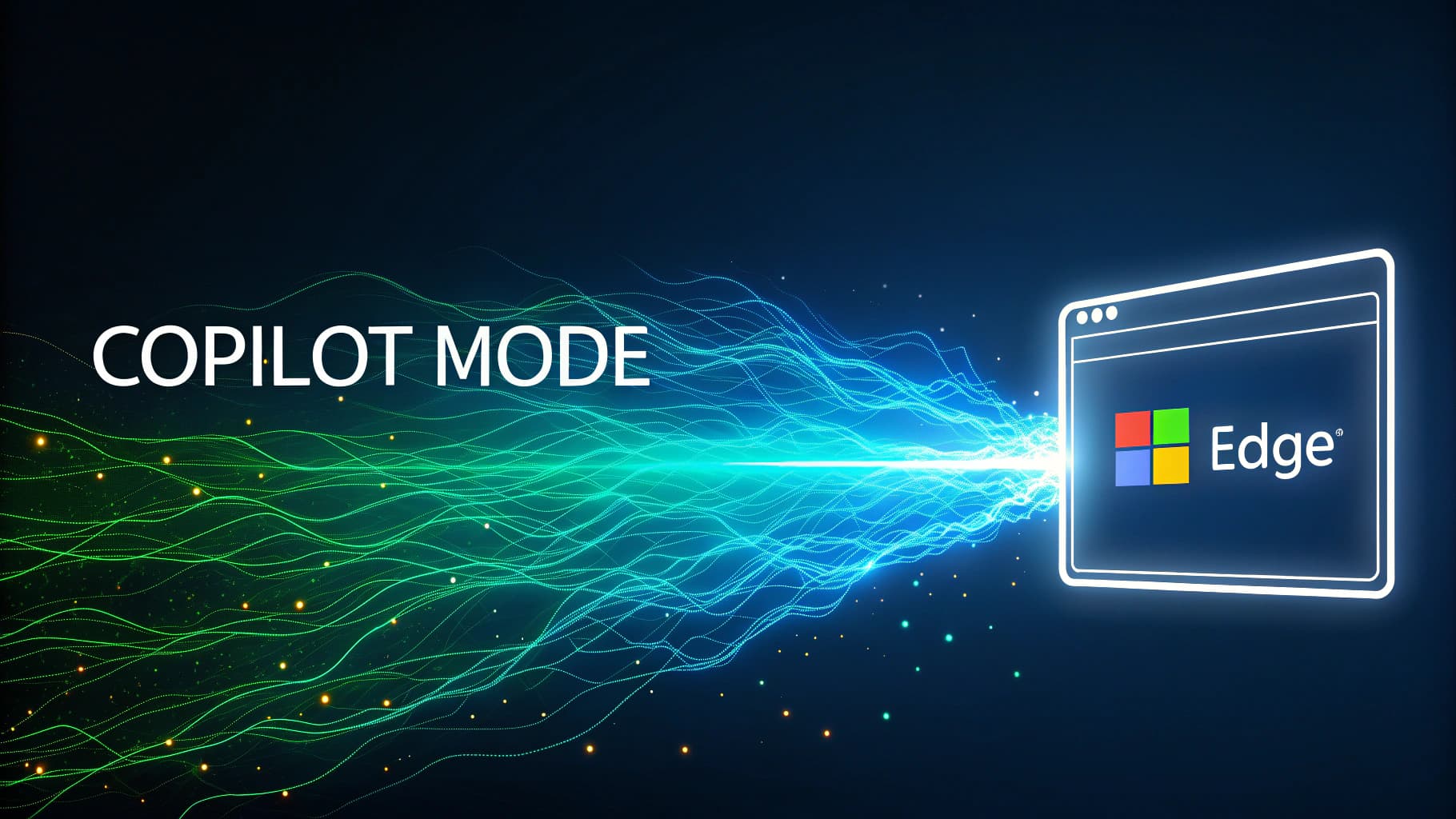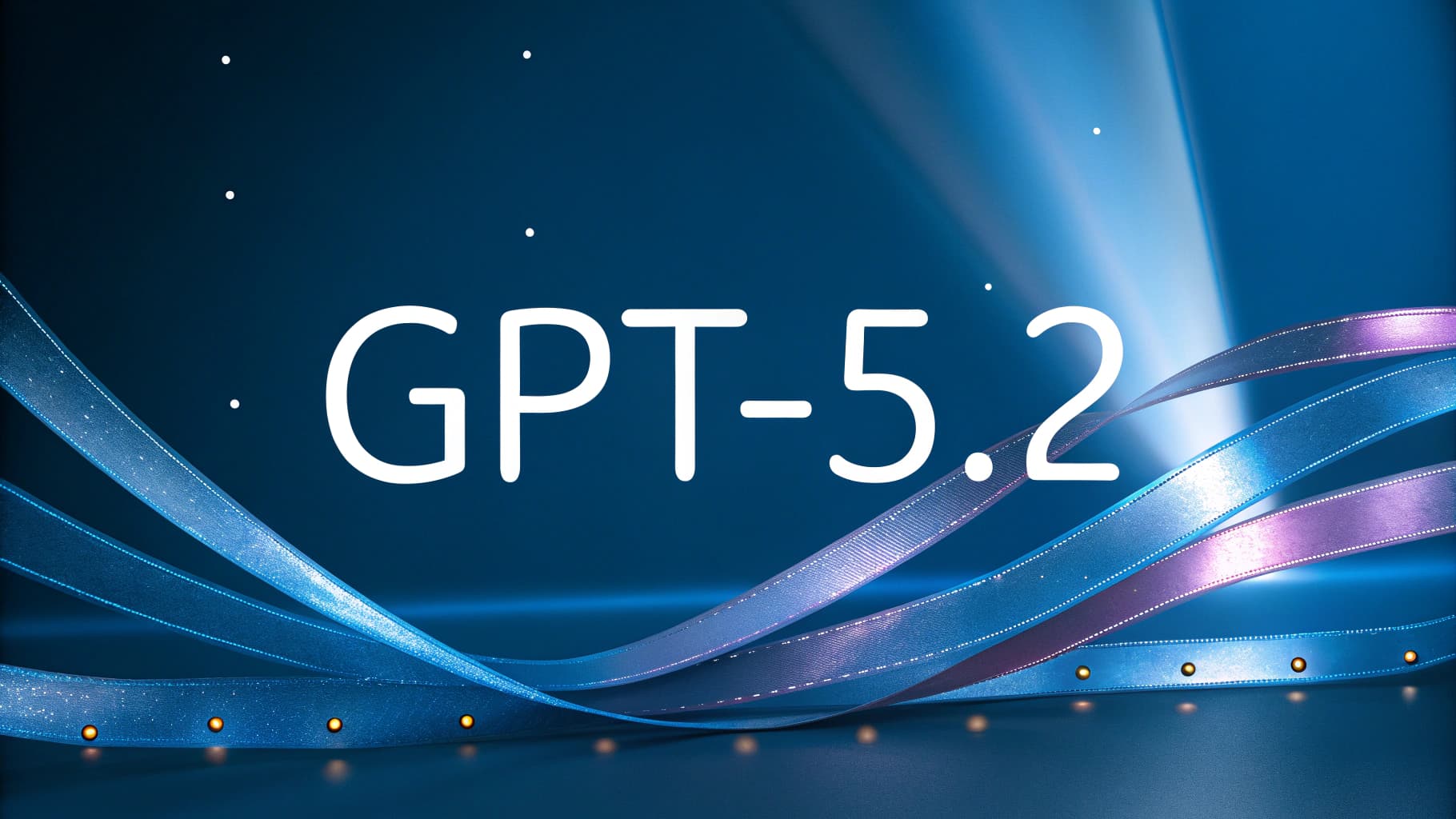
Microsoft vs OpenAI: Copilot Mode Ignites AI Browser Race
Microsoft Challenges OpenAI With New Copilot Mode, Escalating the AI Browser Race
In a move that has intensified the rivalry in the tech world, Microsoft has announced a major update for its Edge browser, centered around a new AI-powered “Copilot Mode.”
Significantly, this announcement came just 48 hours after its partner and primary competitor, OpenAI, unveiled its own “Atlas” browser, placing the two giants in direct competition for the future of web navigation.
The new features in Edge are ambitious, introducing tools like “Copilot Actions” and “Copilot Journeys.”
The former allows the AI to autonomously handle tasks on the user’s behalf, such as unsubscribing from email newsletters or booking restaurant reservations.
The latter organizes browsing history into topic-based “journeys,” enabling users to seamlessly resume previous sessions.
A Case of Striking Similarity
It’s hard to ignore the substantial overlap between Microsoft’s update and OpenAI’s new offering.
Both browsers feature an intelligent assistant that understands the context of multiple open tabs and an “agent mode” capable of independently completing web-based tasks.
The visual interfaces are also remarkably similar, with only minor differences in color schemes and window design.
Industry analysts believe the timing is no coincidence. OpenAI announced Atlas on Tuesday, October 21, 2025, with Microsoft following up with its own announcement on Thursday.
This rapid-fire sequence is seen as a reflection of broader competitive tensions within the AI industry, as each company vies to own the primary gateway to digital information.
A Glimpse of the Future, With a Few Stumbles
Despite the ambitious vision, early reports suggest the technology is still in its infancy.
Some press reviews noted that Edge’s AI assistant made mistakes when attempting complex tasks, such as booking a reservation for the wrong month or confirming an email was deleted when it hadn’t been.
These details highlight that the road to full reliability for these AI agents is still long.
On another front, these new capabilities raise inevitable questions about privacy.
To function effectively, these systems require access to sensitive user data.
Both Microsoft and OpenAI have stated that using browsing data for model training requires explicit user consent, and they have pledged to protect user information under their respective privacy policies.
The Race Has Just Begun
Ultimately, it’s clear that the battle for control over how we interface with the digital world has entered a new phase.
While it remains to be seen whether these new AI browsers can realistically challenge the dominance of Google Chrome, their success will depend on the quality and execution of the underlying AI models.
In the end, the winner will be the one that provides a genuinely seamless and useful experience, not just a set of novel features.




